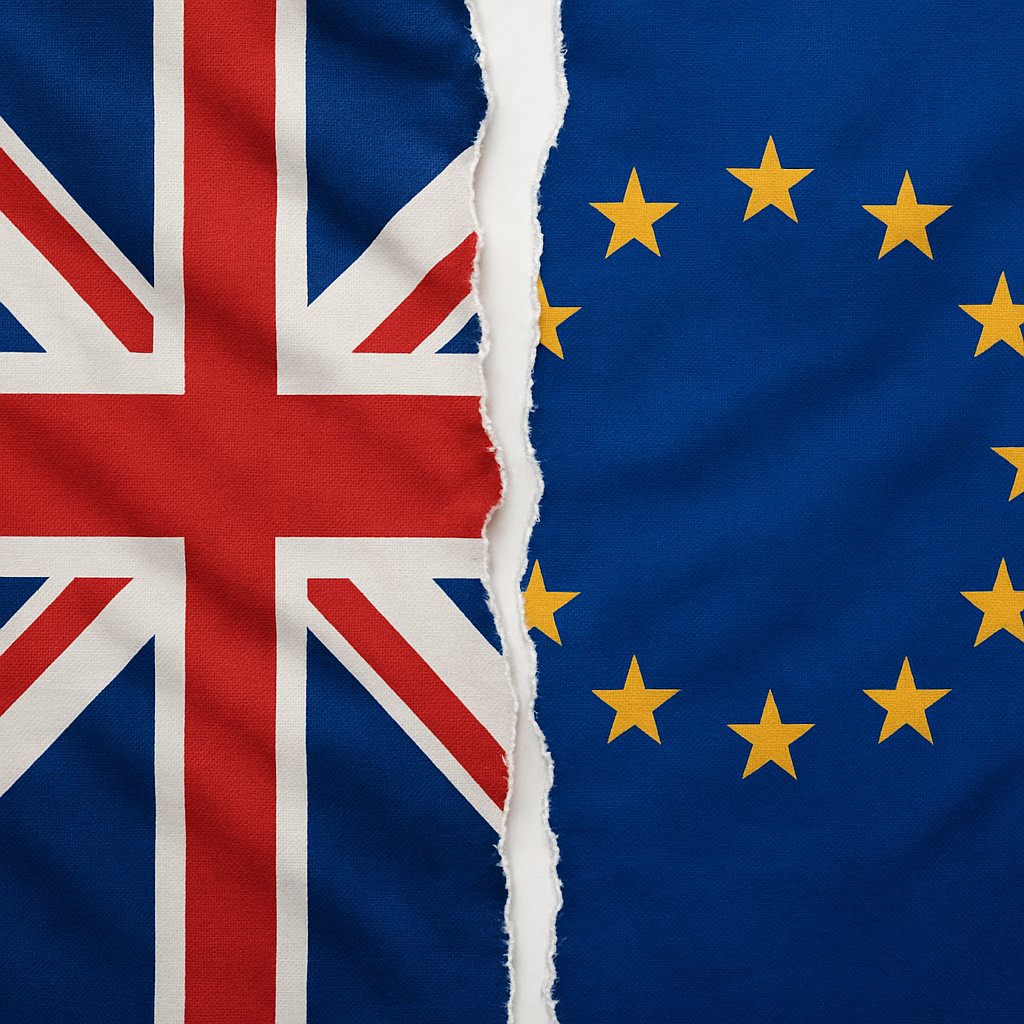(Publ. 14 NOV 2013) The Swedish Prosecution Authority demands that counterfeiting of products should be punished with imprisonment and therefore, has filed an appeal against the sentence from the Swedish Court of Appeal (Svea Hovrätt).
The case concerns a Swedish citizen who has produced and sold approximately 6,600 counterfeit ball-bearings under the SKF trademark, weighing over two tons total. The quality of the pirated goods is much inferior in comparison to the original products and there is a possibility that buyers of the pirated goods may suffer from dangerous accidents or other injury. The Swedish Court has already sentenced the guilty party to probation, fines and penalties, opposite party’s litigation costs and destruction of the pirated goods. However, the Swedish Prosecution Authority is not satisfied and has appealed the ruling to the Supreme Court demanding that the guilty party should also be penalized with imprisonment.
There is reason to have stringent punishment for counterfeiting of products, since depending upon the nature of the product being counterfeited, there can be serious health and safety concerns for consumers and it can result in serious damage or injury to the consumer. This potential risk of injury should be considered during penalty assessment. In respect of this current crime, the penalty should be assessed at the minimum of a year in prison, said Deputy Prosecutor Kerstin Skarp.
In reference to previous rulings on trademark infringement in Sweden a clarification is needed from the Swedish courts. The penalties for these crimes have been diverse, and that causes unessecairy uncertainty.
Mats Lundberg, Head of Law and Trademark Department at Groth & Co and Chairman at the Association of Intellectual Property Law Firms in Sweden (SEPAF), spoke to Swedish radio news in connection with the Prosecution Authority’s appeal. Mats welcomes the Prosecution Authority’s appeal and points out that the relatively mild punishment in counterfeiting cases is attracting criminals to counterfeiting and piracy:
Revenues and profitability are very high, for example, in counterfeiting of drugs, but the risk (of punishment) you run is significantly lower than all other forms of organized drug crime, says Mats Lundberg.
You can listen to the entire radio segment here (in Swedish).
Piracy in figures
USD 600 billion is the estimated annual turnover of the counterfeiting industry around the world.
5-7% of world trade is trade with pirated products.
103 million of goods were stopped by European customs authorities in 2010 and the value of those goods is estimated to be over 1 billion Euros.
SEK 41 million is the value of the goods stopped by the Swedish Customs last year.
100,000 jobs are estimated to be lost annually in the EU due to piracy.
(Source: SACG)





















